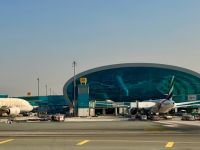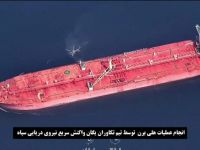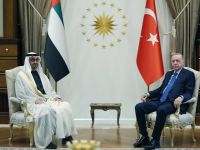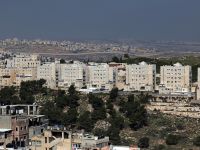A Syrian gunship helicopter on Thursday was shot down by rebels in Damascus suburb. Syria's state television reported the crash of a helicopter southeast of Douma (13 km northeast of Damascus), without giving further details. A Syria NGO, citing militants, said the copter had been "shot by rebel fighters" in Tel al-Kurdi, near Douma.
Meanwhile, the Syrian National Council (SNC), the main opposition coalition, reported "disaster areas" in the southern suburbs of the capital, including Hajar al-Aswad, Yarmouk, Qadam, Assali and Tadamoun which have seen for the past two months violent clashes between regime forces and rebels. The rebels reported Wednesday the withdrawal from Assali and Hajar al-Aswad, but the bombing there continued Thursday morning.
"Many people were killed or injured, but the ongoing bombing makes it difficult for activists to identify the victims," according to SNC.
According to the General Commission of the Syrian Revolution (GCSR), "more than 200 people" were killed by regime forces in the area since early September. Also in the southern suburbs of the capital, three people were killed when regime forces stormed the Palestinian refugee camp of Yarmouk.
State television has reported the arrest of "more than 100 terrorists" in Yarmouk camp.
In Aleppo, regime forces pounded rebels neighborhoods such as Hanano, Inzarat and Sakhour. Moreover, bombing and fighting was reported in Deir Ezzor (east), Idleb (northwest), Homs and Hama (center) where a child was killed by a sniper.
On Wednesday, 125 people, including 80 civilians, were killed.
On his part, President Assad said Wednesday that "the battle that is taking place is not only about Syria but about the axis of resistance" to Israel, according to the official news agency, Sana. In the eyes of the Syrians, the "axis of resistance" includes Syria, Iran and their allies Lebanese Hizbullah and Palestinian Hamas and Islamic Jihad.
The Iranian foreign minister, whose country will likely play a role in resolving the crisis, said yesterday in Damascus that a solution will "only come from inside the Syrian family", thus rejecting any interference by Western countries.
During his visit to Damascus, Iranian Foreign Minister Ali Akbar Salehi reiterated Tehran's "unlimited" support to "the efforts made by the Syrian government to restore security 'in Syria.
Several Western and Arab countries accuse Tehran of providing military aid to the Assad regime, a claim which Iran denies. The former Syrian Prime Minister Riyad Hijab, who defected in August, pleaded Wednesday in Paris for "arming the opposition and the imposition of a no-fly zone."







